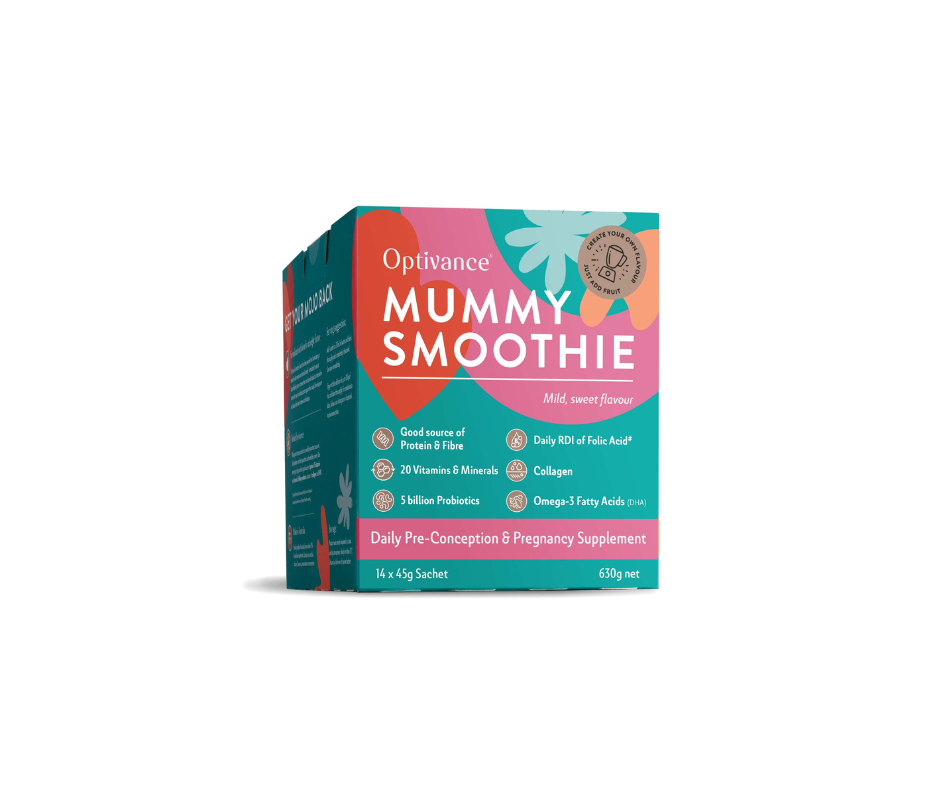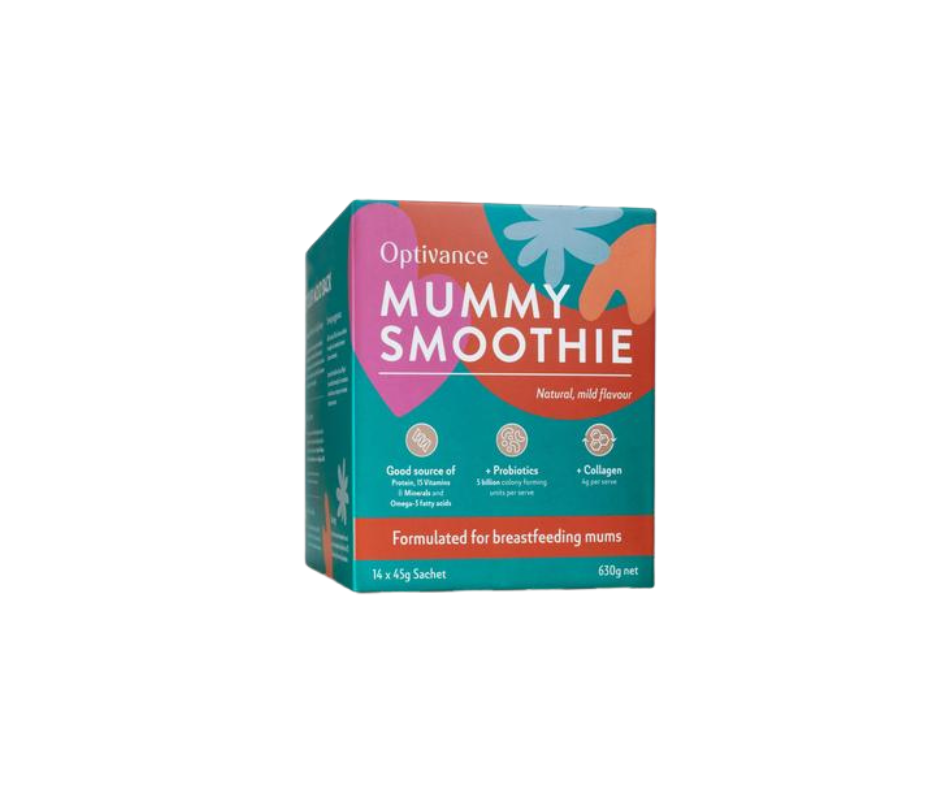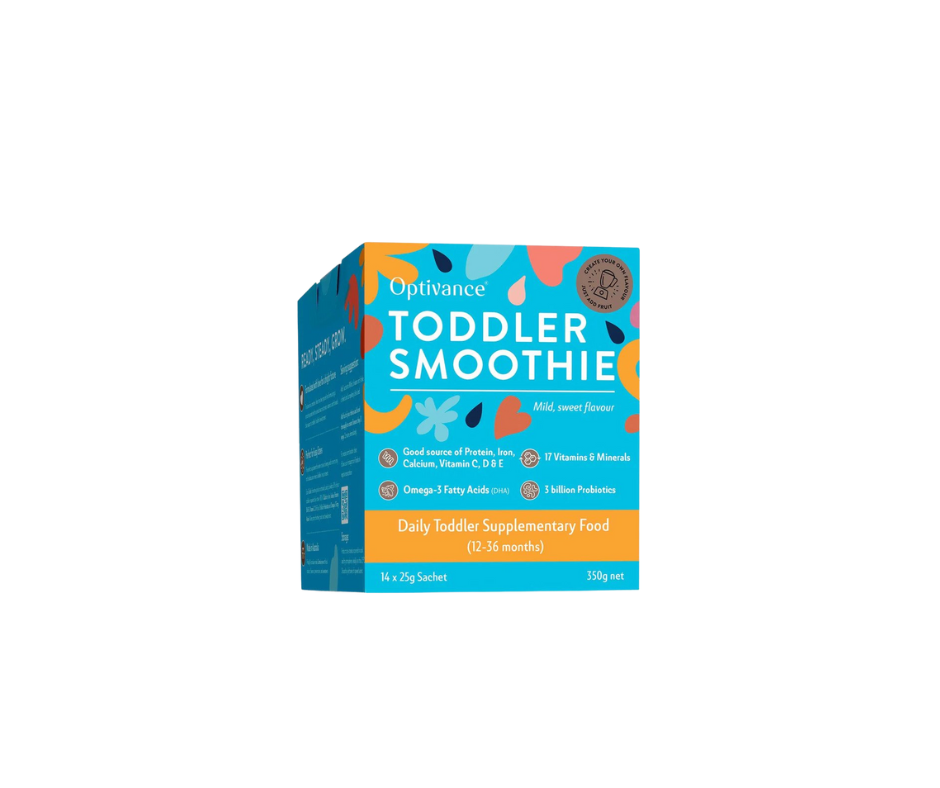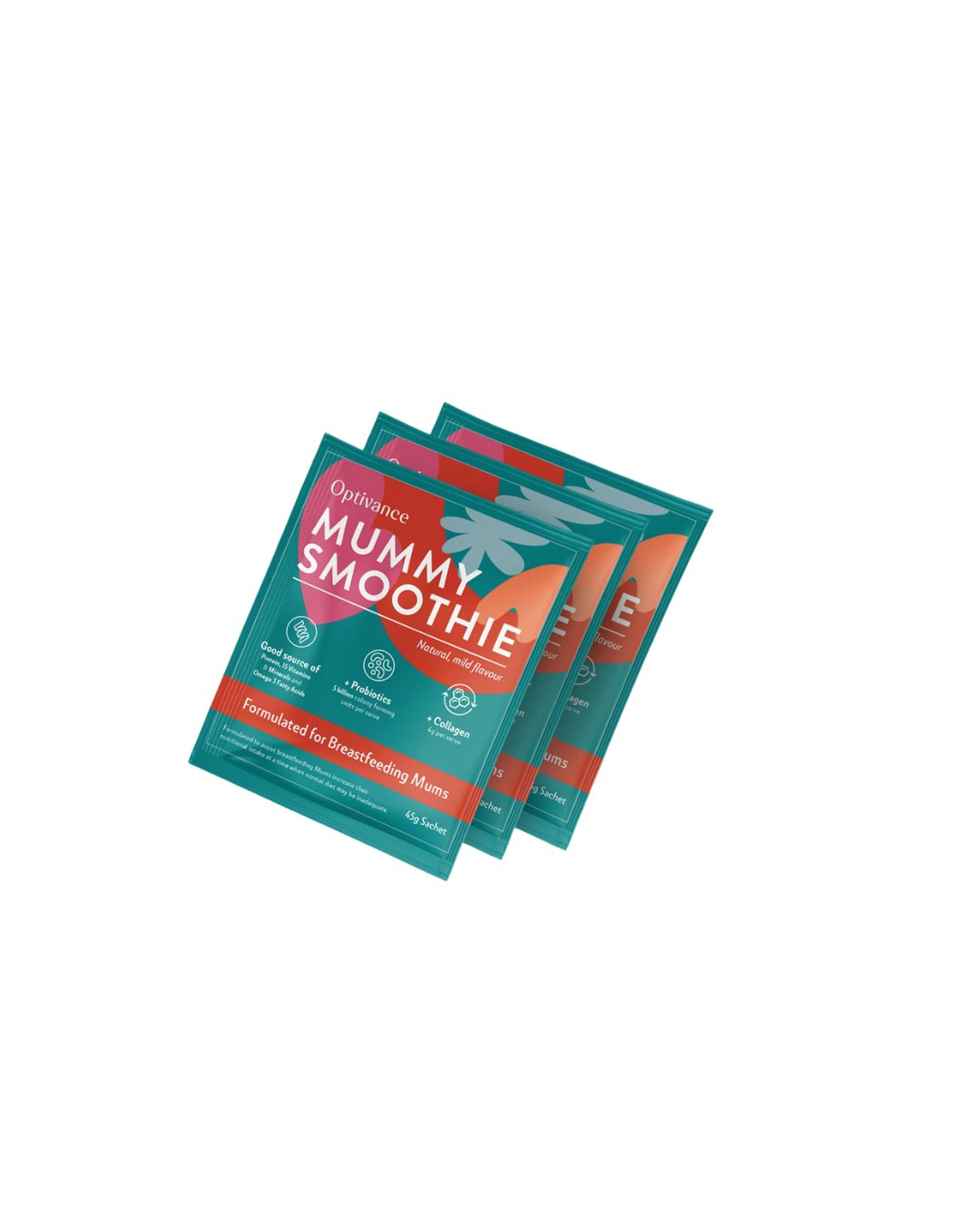Are You Getting Enough? 5 Common Nutritional Deficiencies in Breastfeeding Mums
Breastfeeding is a beautiful and transformative journey, but it can also place extra demands on your body. As a mum, you naturally prioritize your baby’s well-being, but it’s equally important to care for yourself. Your body is working hard to provide essential nutrients through your breast milk, which is why nutritional deficiencies are common during this time.
In this article, we’ll guide you through five of the most common nutrient deficiencies mums may face while breastfeeding and how you can support both yourself and your baby with the nourishment you need to thrive.
1. Iron Deficiency: Supporting Your Strength
Iron is crucial for maintaining your energy levels and supporting your immune system. It’s common for breastfeeding mums to experience lower iron levels, especially after childbirth, when blood loss may have depleted your stores.
Signs of Iron Deficiency:
-
Feeling unusually tired
-
Pale or dull skin
-
Shortness of breath
-
Dizziness
How to Support Your Iron Levels: Lean meats, beans, spinach, and fortified cereals are wonderful sources of iron. Pair these with vitamin C-rich foods like oranges or bell peppers to enhance absorption. If you're feeling persistently low on energy, a healthcare provider might recommend an iron supplement to ensure you stay strong for both you and your baby. Remember, taking care of yourself means you’ll have more strength to care for the little one you love most.
2. Calcium Deficiency: Caring for Your Bones
Breastfeeding naturally pulls calcium from your body to provide for your baby’s growth. If you’re not getting enough calcium, your body may start drawing from your bones, which can weaken them over time.
Signs of Calcium Deficiency:
-
Muscle cramps or spasms
-
Tingling in your fingers or toes
-
Brittle nails or weakened teeth
How to Support Your Calcium Intake: Adding dairy products like yogurt, cheese, and milk to your meals is a great way to support your bones. Plant-based sources, such as almond milk and tofu, can also provide the calcium you need. For mums who prefer plant-based diets, ensuring you have enough calcium is essential for your long-term well-being.
3. Vitamin D Deficiency: Gentle Sunshine for You
Vitamin D is essential for helping your body absorb calcium, which supports healthy bones and teeth, and it also plays a critical role in boosting your immune system. However, many new mums spend much of their time indoors caring for their newborns, which can limit exposure to sunlight—the body’s natural source of vitamin D production. Without adequate vitamin D, both your health and your baby’s development can be affected, making it crucial to find other ways to meet your daily needs.
Signs of Vitamin D Deficiency:
-
Tiredness
-
Bone or muscle pain
-
Low mood or depression
How to Boost Your Vitamin D Levels: When you can, spend a little time outdoors in the sunlight. It’s a gentle way to support your health, and even a short walk with your baby can make a difference. Additionally, fatty fish like salmon, fortified dairy products, and egg yolks can help you get more vitamin D from your diet. A supplement might also be an option, especially in the winter months.
4. Omega-3 Deficiency: Nurturing Brain Health
Omega-3 fatty acids, especially DHA, play a vital role in your baby’s brain development. These essential fats also support your own cognitive function and emotional well-being, helping you stay clear-headed and balanced during the busy days of early motherhood.
Signs of Omega-3 Deficiency:
-
Dry skin or hair
-
Joint pain or stiffness
-
Difficulty concentrating
How to Incorporate Omega-3s: Fatty fish like salmon, sardines, and mackerel are some of the richest sources of omega-3s. If fish isn’t part of your diet, flaxseeds, chia seeds, and walnuts can help, though they contain different types of omega-3s. If you’re concerned about your intake, consider a DHA supplement. After all, protecting your well-being is an essential part of caring for your baby’s future.
5. Vitamin B12 Deficiency: Energy and Focus for You
Vitamin B12 is essential for energy production and nervous system health. For breastfeeding mums, especially those following vegetarian or vegan diets, B12 deficiency is more common, since it’s primarily found in animal products.
Signs of Vitamin B12 Deficiency:
-
Fatigue or weakness
-
Memory problems or difficulty concentrating
-
Numbness or tingling in hands and feet
How to Maintain Healthy B12 Levels: If you eat animal products, ensure you’re getting enough B12 through eggs, dairy, and meat. For plant-based diets, fortified cereals, plant milks, and nutritional yeast can help. In some cases, your doctor may recommend a B12 supplement. Your energy is precious, and safeguarding it helps you keep up with the needs of motherhood.
Why These Nutrients Matter for Breastfeeding Mums
Your baby relies on the nutrients in your breast milk for their growth and development, and your body will prioritize producing milk over maintaining your own nutrient levels. This is why it’s so important to nourish yourself, both for your own health and to provide your baby with everything they need.
A well-balanced, nutrient-rich diet will support your milk supply and help you feel strong and energized. Your body has gone through an extraordinary process, and it deserves the same care and attention you give to your baby.
Caring for Your Body: Simple Ways to Support Your Nutritional Needs
-
Prioritize a Variety of Foods: Make each meal as balanced as possible with a mix of fruits, vegetables, proteins, and healthy fats.
-
Stay Hydrated: Breastfeeding can leave you feeling extra thirsty, so make sure to drink plenty of water throughout the day.
-
Seek Expert Guidance: If you’re concerned about nutrient deficiencies, talk to your healthcare provider for personalized advice or consider checking your blood levels.
-
Consider Supplements: If you struggle to meet your nutrient needs through food alone, supplements can be a helpful way to ensure you and your baby are supported.
Introducing the Optivance Mummy Smoothie: A Gentle, Trustworthy Solution
At Optivance, we understand the demands of motherhood and the unique needs of breastfeeding mums. That’s why we created the Optivance Mummy Smoothie—a nurturing, convenient solution to help you meet your nutritional needs while caring for your baby. Our Mummy Smoothie is packed with essential vitamins and minerals, including iron, calcium, vitamin D, and omega-3s, giving you a boost when you need it most.With the Optivance Mummy Smoothie, you can feel confident that you're getting the right nutrients to support your health and energy levels, all while nourishing your baby with love. It’s our way of helping you protect what you love most—because we believe that a strong, healthy mum is at the heart of every happy family.
Try the Optivance Mummy Smoothie today and give your body the gentle support it deserves.
Commonly Asked Questions:
Q: What foods can help increase my milk supply?
A: Foods like oats, flaxseeds, leafy greens, and garlic are known to support milk production. Including these in your daily diet, along with proper hydration, can help. For an easy solution, try the Optivance Mummy Smoothie, which includes key nutrients that support lactation.
Q: How do I know if I’m nutrient deficient while breastfeeding?
A: Symptoms like fatigue, brittle nails, hair loss, and low energy can be indicators of nutrient deficiencies. It’s a good idea to consult with a healthcare provider to check your nutrient levels and consider adding supplements or nutrient-rich products like Optivance Mummy Smoothie to your diet.










